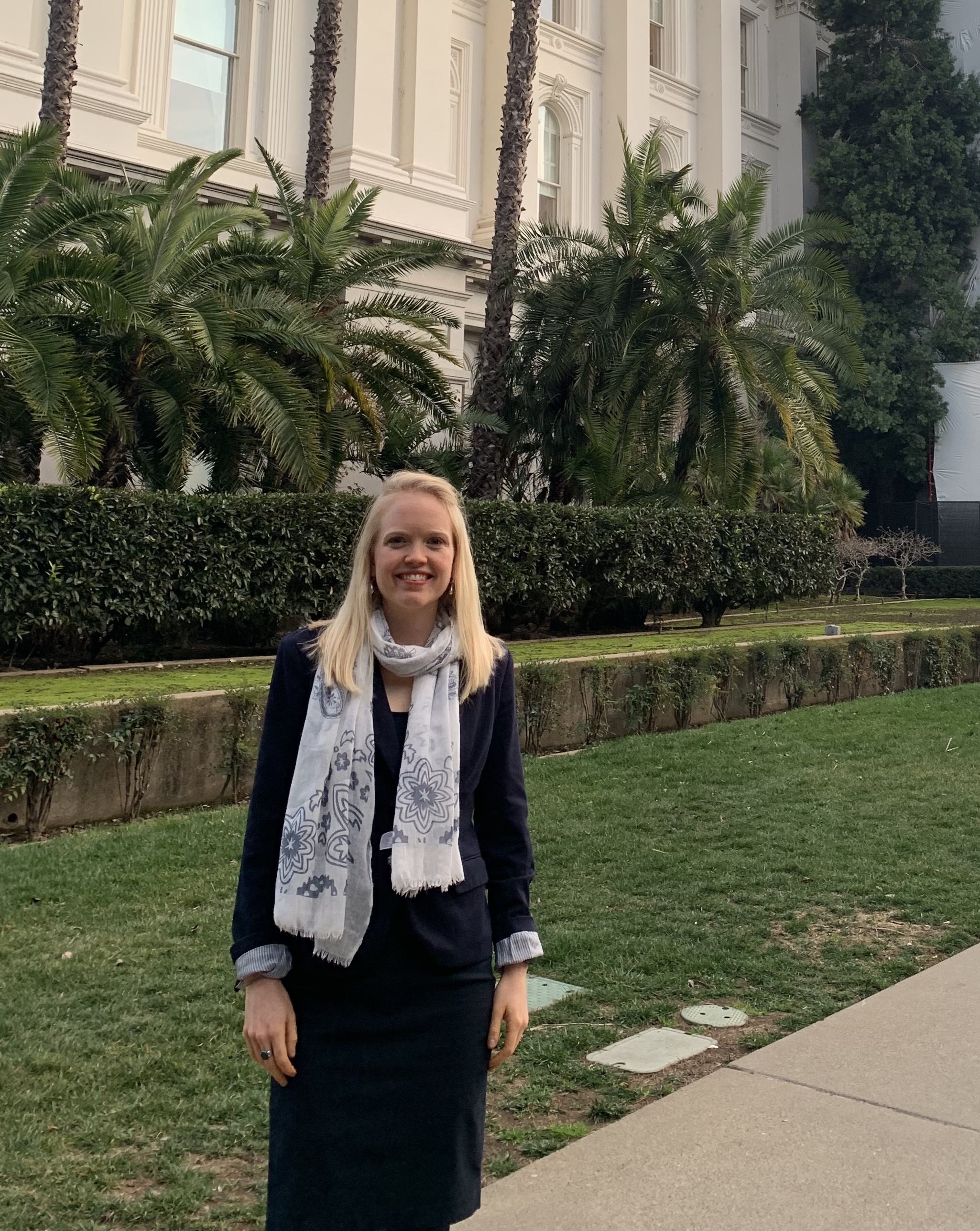Stephanie A. Wankowicz

I am a computational structural biologist interested in understanding how protein dynamics impact function. My work uses computational algorithms to model more of the existing conformational ensemble but is often not modeled in structural biology experimental data.
My work uses the improved ensemble modeling to explore entropy’s role in biological function. By modeling the conformational ensemble, we can enumerate a protein’s number of states with different perturbations. Through statistical mechanics, we can relate this to entropy. Proteins have likely evolved to modulate their conformational entropy to reduce the impact of conformational entropy loss during functional events such as binding or catalysis, occurring through two models: through increases in conformational entropy in spatially distant areas from the functional site or by pre-paying entropic costs through ordering in the ground state.
The basis for macromolecular specificity has traditionally been attributed to the static interactions between two macromolecules. The role of protein dynamics has been comparatively underappreciated. The interplay between protein and water molecule dynamics affects specificity, impacting entropy. However, entropic contributions are often sidelined due to the inherent difficulties in their accurate modeling and quantification.
My work investigates the role of entropy in both substrate recognition and catalysis, aiming to provide a comprehensive mechanistic insight into enzymatic function. We hope this will revolutionize our understanding of how substrate chemistry and genetic perturbations influence the thermodynamics of substrate binding and catalysis, potentially heralding a new era in targeted ligand and protein engineering.
I am a scientist at the University of California San Francisco in James Fraser’s lab (where I also got my Ph.D.), examining the concept of conformational entropy and applying this to SARS-CoV2 drug design. This is supported by a research award from the U19 UCSF AVIDD grant and through the Chan Zuckerberg Initiative Essential Open Source Software for Science. During my Ph.D., I was supported by the Graduate Research Fellowship from the National Science Foundation, the UCSF Discovery Fellows Program, and the D.E. Shaw Award for Computational Chemistry.
Currently, I am on the academic job market. My CV can be found here.
Previously, I was a computational biologist in Eli Van Allen’s lab at Dana-Farber Cancer Institute/Broad Institute. My work involved understanding the relationship between tumor/germline genetics and response to therapy in genitourinary cancers using high throughput RNA, whole exome, and whole genome sequence.
Before that, I served as a Research Data Specialist in the Genitourinary Department at Dana-Farber Cancer Institute, overseeing clinical and translational projects for the Bladder Cancer Research Center. I hold a Biochemistry and Molecular Biology degree from the University of Massachusetts Amherst.
Outside of science, I love running and biking around the Bay Area. On the weekends, I frequently hike or ski in the Mountains.